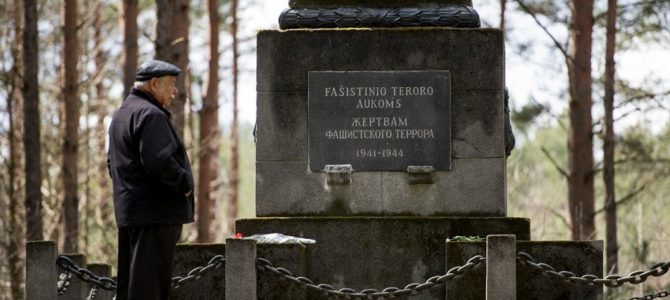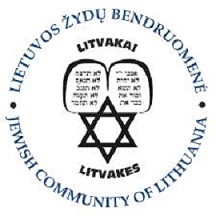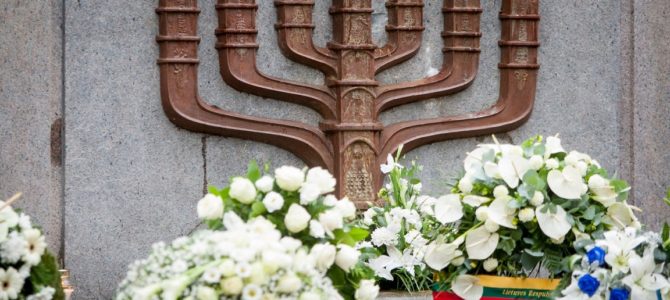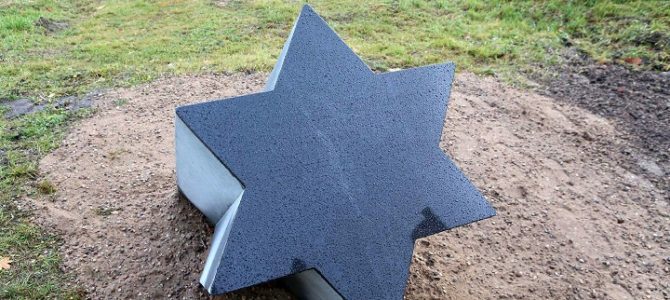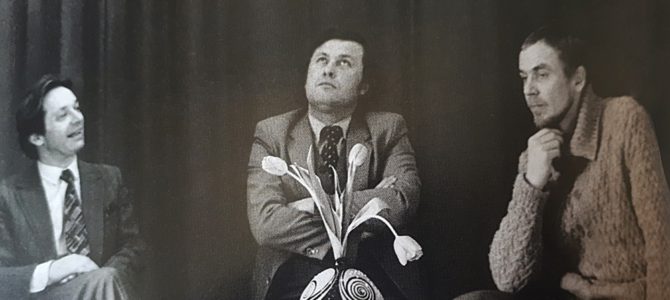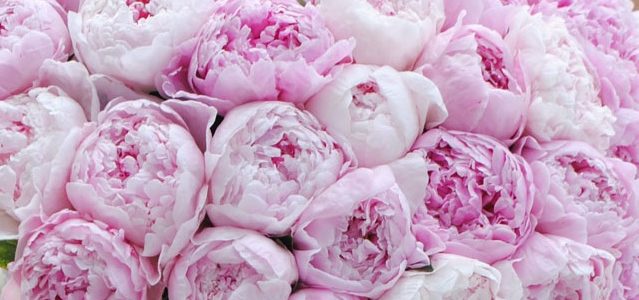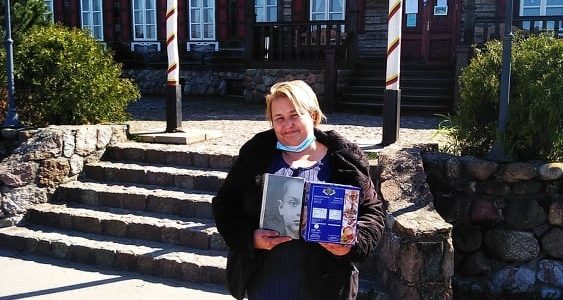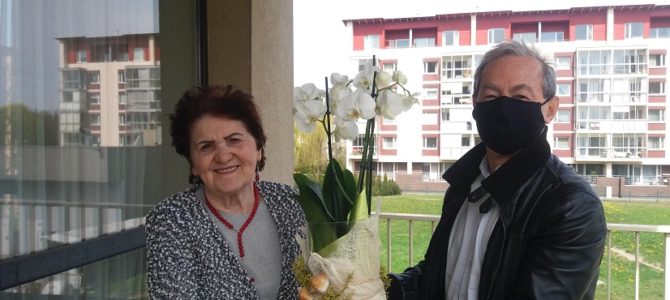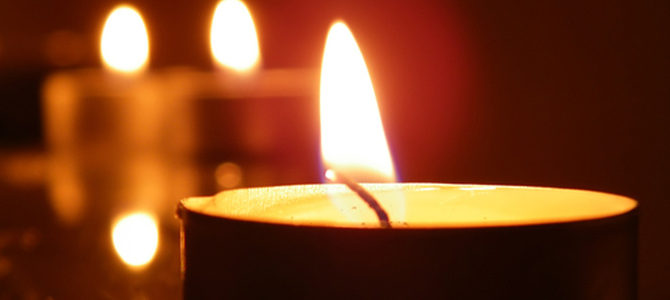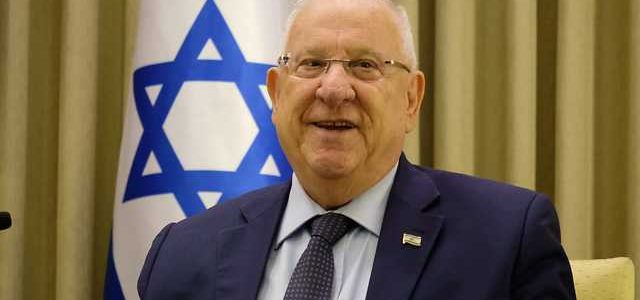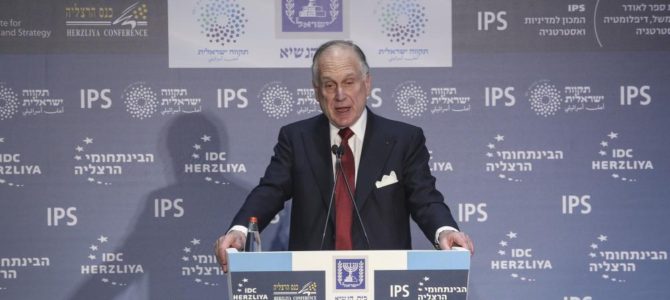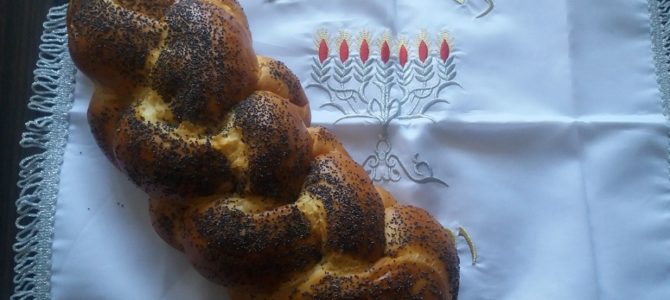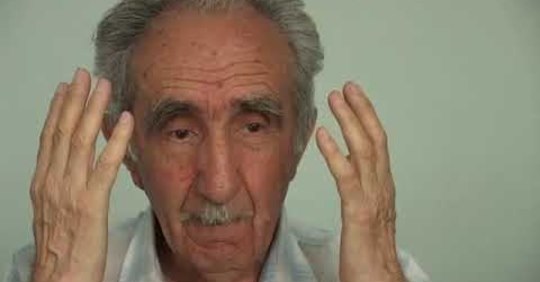Moshe Kukliansky has died at the age of 97 in Israel. He was the head of the Kukliansky family and was the uncle of Faina Kukliansky, chairwoman of the Lithuanian Jewish Community.
Our deepest condolences to his children Alexander, Zinaida, Liliiana, niece Faina, the multitude of grandchildren and great-grandchildren, and the entire family.
Moshe Kukliansky was a chemist, a witness to Litvak history and a Holocaust survivor. Faina recalls: “Our big family has lost a noble person who survived the Holocaust and was a great witness to Litvak history, a chemist and a just man filled with the law. That’s what he liked to call other people. After my grandmother Zinaida–the mother of Moshe, Samuel and Anna–was murdered and Moshe was forced to work for local farmers, when he came home my father Samuel used to grab his hands and kiss him. Moshe asked ‘What are you so happy about? Our mother is dead.’ My father, who was 11 then, replied ‘I’m happy you’re still here.’ For me, my children and grandchildren, Moshe was like a father and a grandfather, just as all my aunts and uncles were like parents to me, and cousins like brothers and sisters. It is very sad that our last family member of the older generation has passed away.”
Moshe Kukliansky’s telling of the dramatic story of the family’s survival during the Holocaust was immortalized several years back in a film called the Pit of Life and Torment (Gyvybės ir kančių duobė).



















